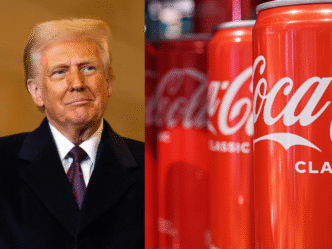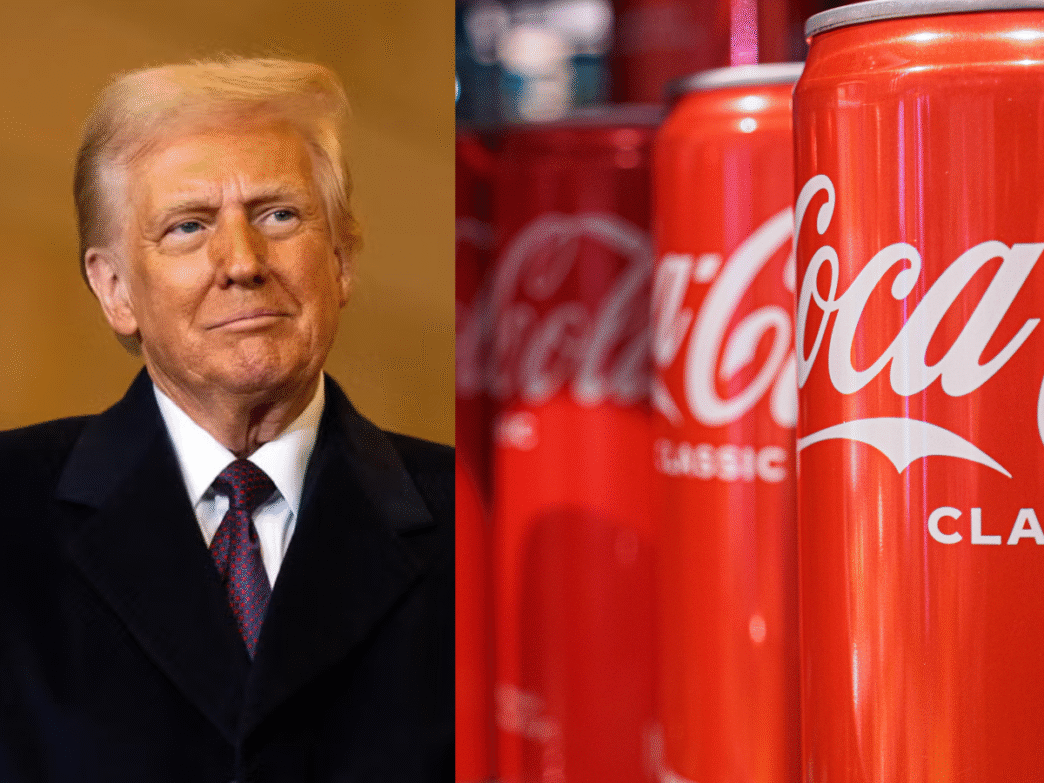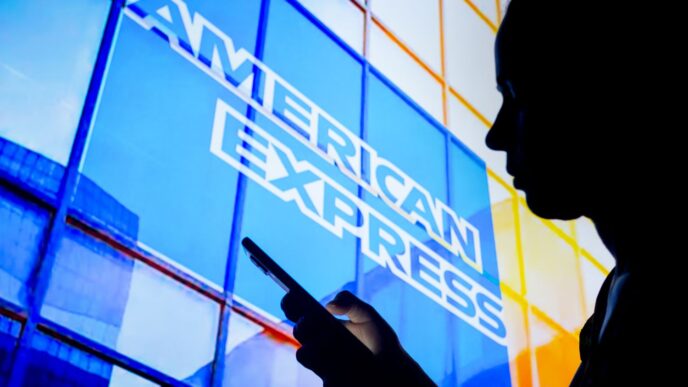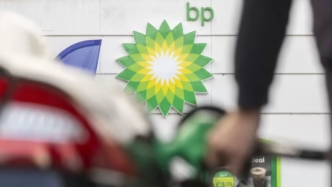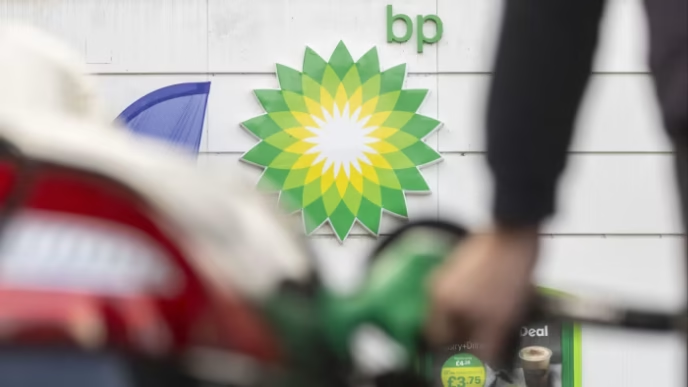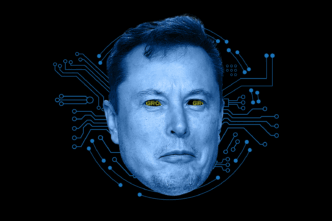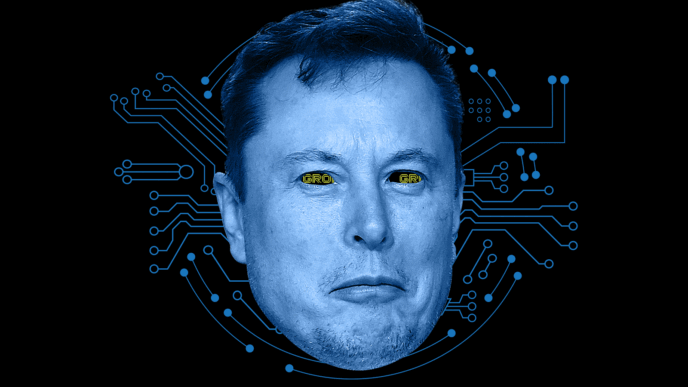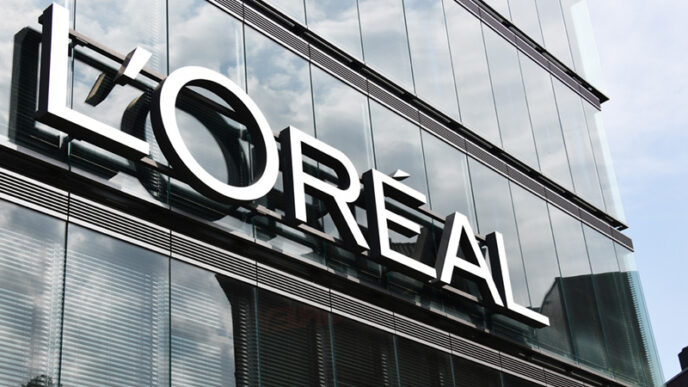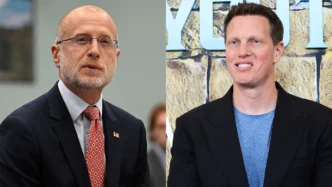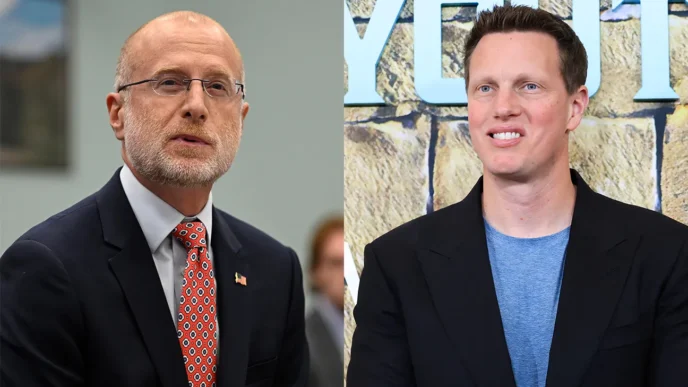In a recent public statement, President Donald Trump asserted that The Coca-Cola Company has agreed to replace high-fructose corn syrup (HFCS) with real cane sugar in its U.S. product lineup. The claim, which has not been verified by the company, has drawn attention due to its potential implications for the beverage industry, consumer preferences, and U.S. agriculture.
Trump characterized the alleged shift as a response to growing consumer demand for “more natural” ingredients and healthier alternatives. “Coca-Cola has finally agreed to do what the American people have wanted for a long time,” he stated. “Real cane sugar, just like in the good old days.”
Context and Market Implications
Coca-Cola uses different sweeteners in various markets, depending on regulatory environments, consumer preferences, and supply chain economics. In the United States, the company primarily uses HFCS, which became widespread in the 1980s due to tariffs on imported sugar and subsidies for domestic corn producers. In contrast, Coca-Cola products in countries like Mexico continue to use cane sugar, and “Mexican Coke” has gained a niche following among American consumers who perceive it as tasting better or being more natural.
A transition to cane sugar would represent a significant shift in Coca-Cola’s U.S. operations. It could signal a broader move within the industry toward reformulation in response to rising health consciousness and scrutiny over processed ingredients. However, such a shift would also carry substantial cost implications. Cane sugar is generally more expensive than HFCS, and a switch could affect pricing, sourcing logistics, and long-standing supplier relationships.
Lack of Corporate Confirmation
As of this writing, The Coca-Cola Company has not issued any official statement confirming Trump’s claim. The company typically refrains from responding to political commentary unless it involves formal partnerships or material changes affecting shareholders.
Analysts note that while consumer demand for “clean label” products has increased, major ingredient overhauls in flagship products are rare and usually carefully messaged. “If Coca-Cola were planning such a significant change, it would likely be accompanied by a coordinated marketing campaign and investor communication,” said Jennifer Liu, a senior food industry analyst at MarketTrack Global.
Political and Economic Overtones
Trump’s claim may also have political undertones, tapping into nationalist sentiment and long-standing debates over U.S. food policy. HFCS remains controversial in some public health circles, and critics have long blamed it for contributing to obesity and metabolic disorders. Meanwhile, U.S. sugar policy — which includes quotas and subsidies — has faced criticism for distorting prices and trade.
If confirmed, the move could impact both the corn and sugar industries, with possible downstream effects on farming, trade policy, and retail pricing.
Conclusion
Until Coca-Cola provides official confirmation or clarification, Trump’s statement remains speculative. However, the attention it has generated underscores a broader trend in consumer goods: increasing pressure on legacy brands to adapt to shifting consumer expectations around health, transparency, and ingredient sourcing.
This Article is published by Epic Click Travel & Tourism.
Epic Click Travel & Tourism is a professional travel agency based in Dubai.
Epic Click Travel & Tourism will handle everything for you from flights to hotels, including fast-track airport check-in, private car transfers, and visas.
To learn more about Epic Click Travel & Tourism, visit https://epicclicktravel.com.
You can also contact the company directly by email info@epicclicktravel.com and WhatsApp +971 52 427 5718

